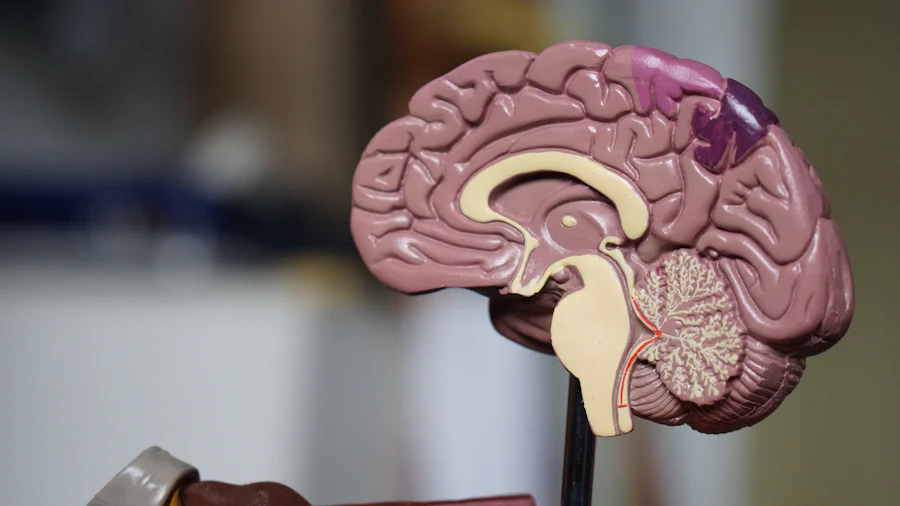Have you ever wondered what are the benefits of exercise for brain health and cognitive function? The following are the transformative effects of physical activity on your mind and brain. Let’s explore the latest research supporting this dynamic relationship.
- Enhanced Cognitive Function: Engaging in regular exercise has been proven to enhance cognitive function. Studies show that aerobic exercises, such as running or swimming, stimulate the production of neurochemicals like dopamine and serotonin, contributing to improved mood and heightened cognitive abilities.
- Neuroplasticity and Memory Improvement: Exercise promotes neuroplasticity, the brain’s ability to adapt and reorganize itself. This phenomenon is crucial for memory formation and retention. Research indicates that consistent physical activity positively influences the hippocampus, a region associated with learning and memory.
- Stress Reduction and Cortisol Regulation: Physical activity acts as a natural stress reliever by reducing cortisol levels, the hormone associated with stress. Incorporating regular exercise into your routine can mitigate the detrimental effects of chronic stress on the brain, fostering a healthier and more resilient mind.
- Neurotransmitter Balance: Exercise plays a pivotal role in maintaining optimal neurotransmitter balance. Activities like strength training contribute to the release of brain-derived neurotrophic factor (BDNF), a protein that supports the growth and maintenance of neurons. This helps regulate neurotransmitters, promoting overall brain health.
- Improved Sleep Quality: Quality sleep is paramount for cognitive function, and exercise has been linked to improved sleep patterns. Physical activity helps regulate circadian rhythms, promoting a more restful and restorative sleep. Adequate sleep further enhances memory consolidation and cognitive performance.
- Reduced Risk of Neurological Disorders: Engaging in regular physical activity has been associated with a decreased risk of neurodegenerative disorders such as Alzheimer’s and Parkinson’s disease. The neuroprotective effects of exercise may include increased blood flow to the brain, reduced inflammation, and enhanced antioxidant defense mechanisms.
- Optimal Blood Flow and Oxygenation: Exercise boosts blood flow to the brain, ensuring optimal oxygenation and nutrient delivery. Improved vascular health supports the growth of new blood vessels, enhancing the overall efficiency of the brain’s functions and reducing the risk of cognitive decline.
Embrace the transformative power of exercise on brain health. From enhanced cognitive function and memory improvement to stress reduction and reduced risk of neurological disorders, the benefits of physical activity are profound. Make a conscious effort to prioritize exercise for a healthier mind and a sharper, more resilient brain. Your cognitive well-being depends on it.



